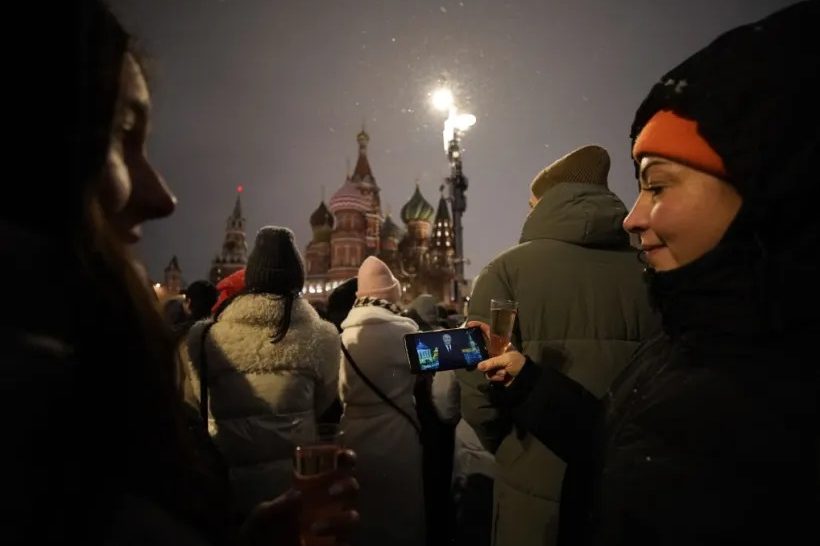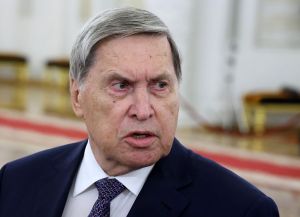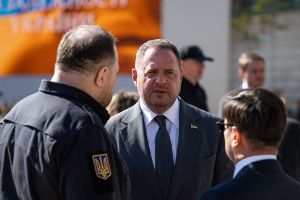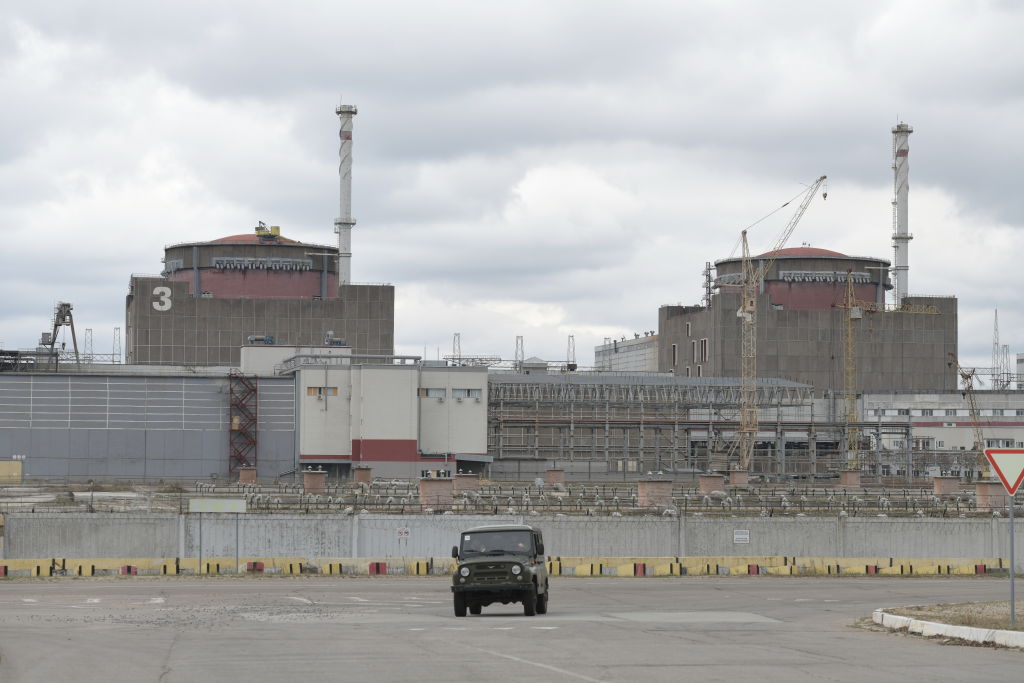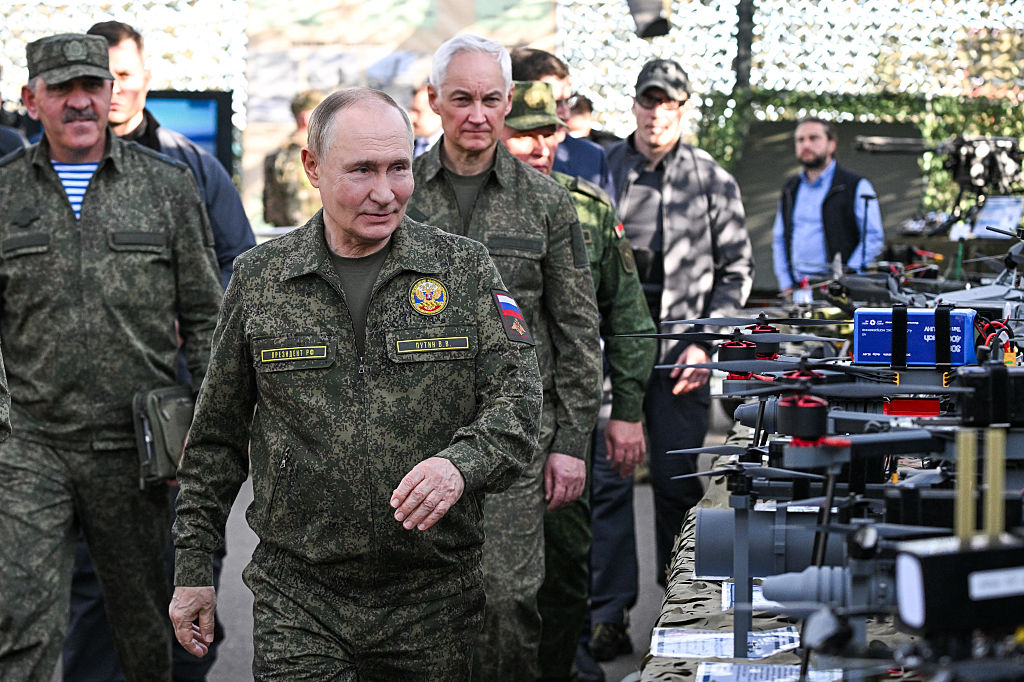A social media post on December 30: photographs of admittedly-splendid new year decorations in Moscow, archly captioned “back to 2021.” The poster is alluding to the fact that obscene and extravagant references to Putin’s war in Ukraine — notably the letter Z, which has come to symbolize it — were notably absent from city decorations this new year.
Moscow’s mayor, Sergei Sobyanin, has never seemed especially enthused about the war. He has done what the Kremlin required — diverted resources to help raise “volunteer regiments;” wallpapered the city with recruitment adverts; renamed Europe Square Eurasia Square — but he has avoiding too close an identification with the war, unlike so many of his less-secure counterparts across the country. He has avoided the regular photo opportunities with returning veterans, decided against appearing at council meetings in performative camouflage.
A close association with the war does not seem to be a vote-winner
Instead, Sobyanin — a slightly dull man, but an accomplished technocrat and one of the viable successors were Putin to drop dead tomorrow — has focused on what in political terms would be termed “delivery.” This year, for example, a new metro line was opened along with five new stations, as well as new parks, medical centers and regeneration projects. Sobyanin wants to be associated with this kind of enterprise, not the war.
Many of his counterparts seem to feel the same way. There are still those desperate to save or advance their careers with outsized expressions of “Z-patriotism,” such as Alexander Khinshtein, the new governor of Kursk Region, and Alexander Beglov, beleaguered governor of St. Petersburg. These kinds of theatrics are intended for a one-man audience (Putin) and often draw derision on social media — which is still, for all the attempts to control it, a space in which Russians can express themselves with relative openness.
The fact is, though, that a close association with the war does not seem to be a vote-winner, and while Russia is no longer anything even close to a democracy, public approval is one of the metrics used by the increasingly techno-authoritarian presidential administration to gauge the success of mayors and governors.
A fair number of local politicians have volunteered to serve in Bars-37, a battalion of the reserve force. Formally known as Kaskad (Cascade), it is often unofficially called the “deputies’ battalion” precisely because ambitious politicians often spend some time in it to burnish their martial credentials. They serve just a few weeks or months, and nowhere near the front line, before returning home with medals and war stories. Nonetheless, Russian politicians who have taken this route increasingly find it a hindrance rather than a help. Local voters who want the war to end are growing wary of the impact that the promises of homes, priority healthcare and educational opportunities for veterans will have on their own prospects.
Yevgeny Pervyshov, who served in Bars-37 for six months between 2022 and 2023, has just been appointed acting head of the Tambov Region, making him the most senior veteran with genuine executive authority. He has essentially ditched his uniform for jacket and tie; while the government and ruling United Russia party have hyped his service, in meetings with new constituents he very much downplayed this, instead focusing on basic bread and butter issues relating to housing, food prices and “aiming at one result — improving [everyone’s] quality of life.”
It is clear that there is a degree of war-weariness across Russia, with inflation eating into wages, savings and pensions, and the government having to offer higher salaries and bonuses to attract volunteers to make up for its spiraling battlefield losses. Of course, wanting the war to end is not the same as being willing to countenance what feels like defeat to bring it to a conclusion. It is one thing to say that most Russians are tired of the war and quite another to say that they are demanding peace at any price.
Yet it does create a political dilemma for ambitious politicians at every level. If they challenge the Kremlin line, then their careers are over. However, if they lose sight of the widespread war-weariness, then they will be out of step with local populations and elites. This will be reflected both in their approval metrics and also in their capacity to get anything done (which depends on harmonious relations with the local kleptocrats and powerbrokers). An index of the prominence of Zs at Russian new year celebrations might be an interesting measure of local mood.



